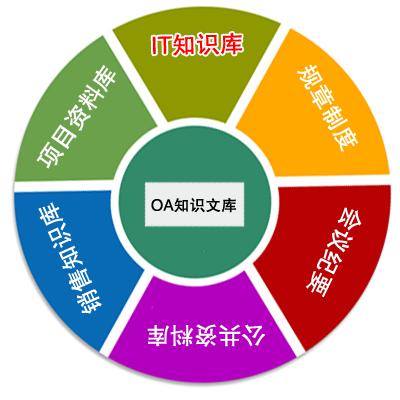Abduction in description logics finds extensions of a knowledge base to make it entail an observation. As such, it can be used to explain why the observation does not follow, to repair incomplete knowledge bases, and to provide possible explanations for unexpected observations. We consider TBox abduction in the lightweight description logic EL, where the observation is a concept inclusion and the background knowledge is a TBox, i.e., a set of concept inclusions. To avoid useless answers, such problems usually come with further restrictions on the solution space and/or minimality criteria that help sort the chaff from the grain. We argue that existing minimality notions are insufficient, and introduce connection minimality. This criterion follows Occam's razor by rejecting hypotheses that use concept inclusions unrelated to the problem at hand. We show how to compute a special class of connection-minimal hypotheses in a sound and complete way. Our technique is based on a translation to first-order logic, and constructs hypotheses based on prime implicates. We evaluate a prototype implementation of our approach on ontologies from the medical domain.
翻译:在描述逻辑中,绑架会发现知识库的延伸使其需要观察。因此,它可以用来解释观察没有遵循的原因,修复不完整的知识库,并为意外的观察提供可能的解释。我们认为,在轻量描述逻辑EL中,TBox绑架是一个概念包容,背景知识是TBox,即一套概念包容。为了避免无用的回答,这类问题通常伴随着对解决方案空间的进一步限制和/或有助于从谷类中分解的稀释标准。我们认为,现有的最小化概念不够充分,并且引入了最小化。这一标准遵循了Occam的剃刀,拒绝使用与手头问题无关的概念包含的假说。我们展示了如何以声音和完整的方式计算一种特殊的连接-最小假说类别。我们的技术基于对一阶逻辑的翻译,并基于主要隐含因素构建假说。我们评估了我们从医学领域出发的方法的原型执行情况。





